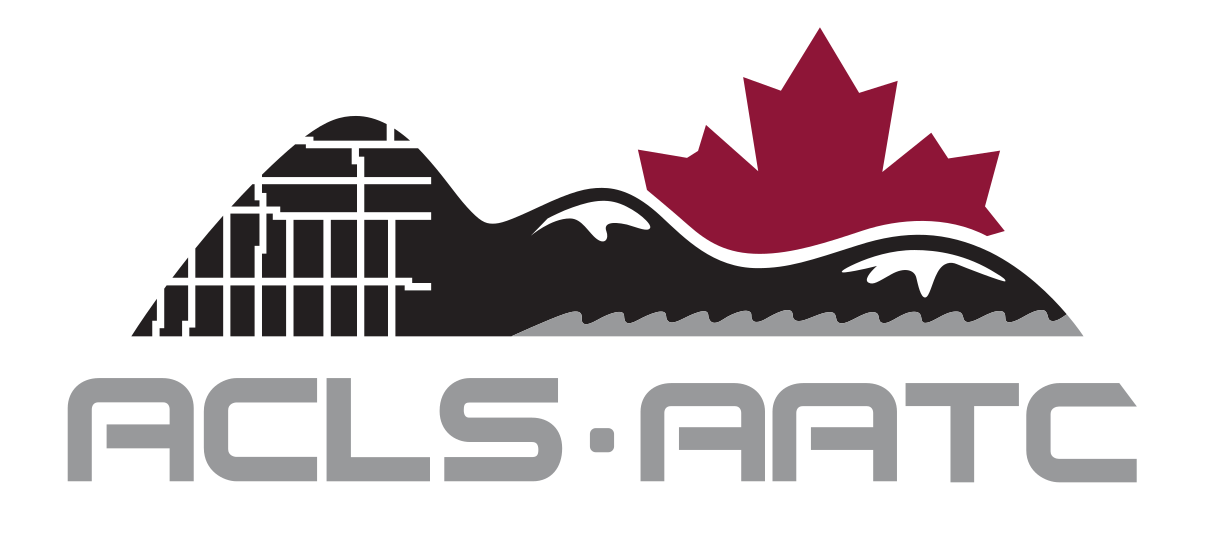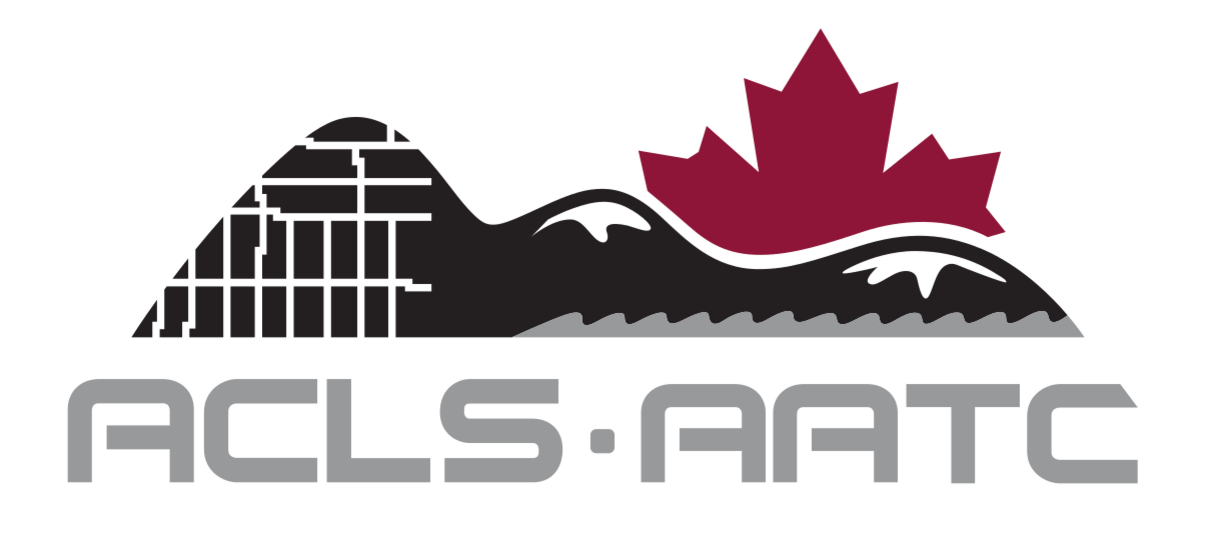Student Hub
Welcome to the Association of Canada Lands Surveyors (ACLS) Student Hub – your one-stop destination for exploring a rewarding and meaningful career in Canada Lands Surveying.
Whether you're just starting to explore your options or already planning your path, we’re here to guide you!
Association of Canada Lands Surveyors (ACLS) is the national licensing body responsible for professionals working in Canada’s three territories, federal parks, First Nation Lands, and on or under Canada’s oceans. Those who earn this license hold the exclusive title of Canada Lands Surveyor (CLS).
What is a Canada Lands Surveyor (CLS)?
Canada Lands Surveyors are highly skilled professionals who combine mathematics, property law, and cutting-edge measurement technologies to solve real-world challenges. Their work underpins industries that contribute billions of dollars to the Canadian economy every year. Whenever new parcels of land are created or property boundaries must be established with precision, surveyors are essential.

- Surveying and boundary matters
- Property and construction surveys, land descriptions, and spatial analysis
- Land administration and land management
- Met the educational requirements
- Successfully completed the ACLS professional examinations
- Gained the necessary practical experience
- Demonstrated good character and professional competence
- A commitment to continuing professional development
- EducationStart with a degree or diploma in geomatics, surveying, engineering, or a related field. These programs give you a strong foundation in mathematics, mapping, property law, and spatial technologies like GPS, GIS, and remote sensing.
- Admission as a CandidateOnce you meet the academic requirements, you can apply to ACLS to become a CLS Candidate. This officially begins your pathway toward a Commission.
- Professional ExaminationsAs a Candidate, you will complete a series of examinations that test your knowledge of law, surveying standards, and professional practice. These ensure you are prepared to handle the responsibilities of cadastral (legal boundary) surveying on Canada Lands.
- Practical ExperienceCandidates gain supervised field and office experience under licensed surveyors. This hands-on training allows you to apply what you’ve learned in real projects while developing judgment, precision, and confidence.
- LicensureAfter successfully completing the exams and practical requirements, you will be granted the exclusive title of Canada Lands Surveyor (CLS). Only licenced CLS professionals are legally authorized to perform cadastral surveys on Canada Lands.
- Lifelong LearningEarning your licence is just the beginning. CLS members continue their professional development through courses, mentorship, and emerging technologies—ensuring they remain leaders in land and marine surveying. (edited)
Career Opportunities
- Geomatics & Engineering Firms – applying advanced technology to solve real-world mapping and boundary challenges.
- Government & Regulatory Agencies – including Natural Resources Canada and other departments that rely on surveying expertise for infrastructure, land management, and resource projects.
- Indigenous Communities & Organizations – supporting land governance, boundary resolution, and self-determination through respectful partnerships.
- Hydrographic & Offshore Surveying – charting Canada’s vast coastlines, oceans, and Arctic regions for navigation, resource management, and environmental protection.
- Land Development & Environmental Consulting – contributing to sustainable cities, renewable energy projects, and environmental stewardship.
- Emerging Specialties – from GIS and geospatial data science to photogrammetry, cadastral law, and remote sensing technologies.

